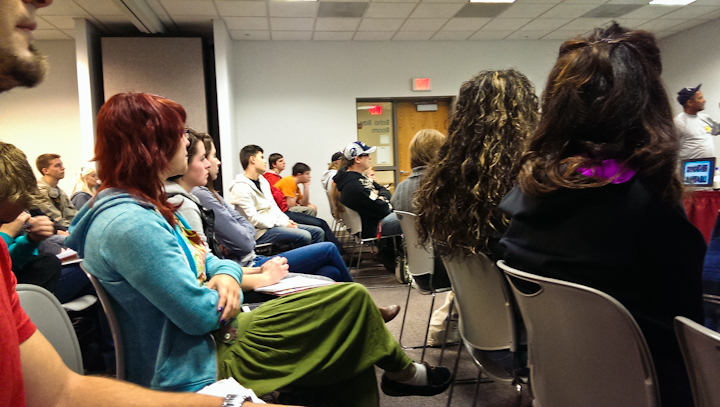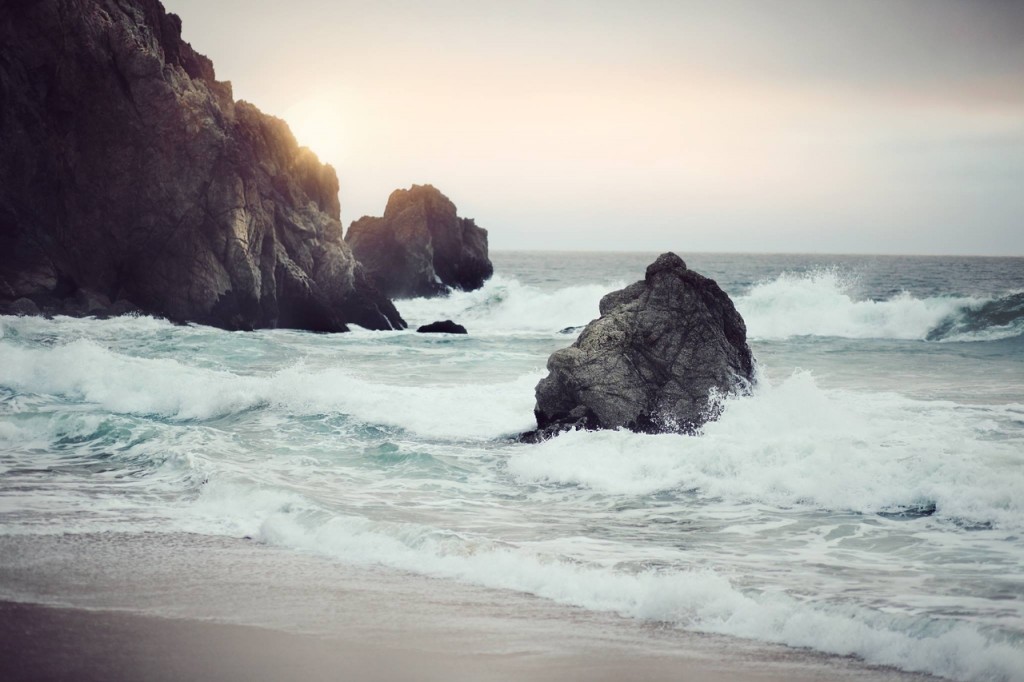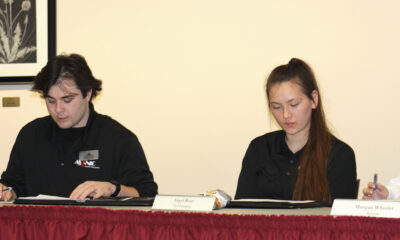Those who witnessed the Latino Club’s guest speaker learned of the shocking conditions of workers seeking basic human rights in Columbia.
Speaking through a translator, the Afro-Columbian speaker described the daily disappearances of workers, the foul conditions, poverty and the oppressive paramilitary force that violently stamps out attempts at reform.
John Jairo Castro is the president of Buenaventura’s Port workers’ Union, a death mark to anyone in Columbia. Now, he speaks for Witness for Peace, a group that brings awareness to the human rights abuses that the United States has funded through its foreign policies.
He said that there was a time when Buenaventura, the largest port in Columbia with a population of around 600,000, was thriving with a rich culture and port workers were protected under the government with assured living wages. This allowed for the economy to grow. However, he siad, this changed when the United States made free trade agreements with Columbia. The ports became privatized and deregulated and workers were no longer assured of their rights.
To keep costs down, the businesses paid low wages with little other opportunity for work resulting in 80 percent of Buenaventura’s population being in poverty.
The presentation revealed the gravity of the situation: rows of flimsy shacks, mounds of garbage and murky, polluted water. Armed violence from drug traffickers and paramilitary groups became rampant.
He said that one well-known business that funded these paramilitary groups is Chiquitai, most famous for their bananas. Few people know by purchasing these products in their grocery stores, they were inadvertently funding terrorism.
When the audience was asked what Columbia was most known for, the answers were coffee, cocaine and soccer. It was a surprise to many just how prolific the human rights abuse has become. Juan Cuá Barrios, secretary of the Latino Club, said he was similarly shocked.
“I didn’t know much about this topic until the presentation, so everything was a surprise,” Barrios said. “It is terrible to hear that these people have to work in such dangerous conditions… people getting crippled or even dying just by working to support their families.”











